Description
Sans.- Bahupathra; Bhumyaamlaki Buta- dhatri. Hind.- Jaramala; Niruri. Fr.- Phlllanthe niruri; Herbe due chagrin. Ger.- Weisse . Blatt-blume. Ben.- Bhumiamle. Bom. & Mah.-Bhuia-vala, Tel.- Nela usirika. Tam.- kizhkay nelli. Can.- kiru -nelli. Mal.- kilanelli. kon- Bhuyavali)
Keezhanelli powder is made by drying and grinding Keezhanelli leaves. It has many medicinal properties. In particular, it is used as a medicine for jaundice, liver diseases, diabetes, and skin diseases. Jaundice:Drinking kelp powder mixed with buttermilk will cure jaundice. Liver diseases: Blackcurrant helps repair liver damage and protect against diseases such as hepatitis B and C. Diabetes: If you regularly consume kelp powder, your diabetes will be under control.
Skin diseases: Ground kelp powder or leaves can be applied to skin diseases like rashes and scabies.
கீழாநெல்லி பொடி (Keezhanelli powder) என்பது கீழாநெல்லி இலைகளை உலர்த்தி பொடியாக்கிய ஒரு பொருள். இது பல நூற்றாண்டுகளாக பாரம்பரிய மருத்துவத்தில் பயன்படுத்தப்படுகிறது. இது மஞ்சள் காமாலை, சர்க்கரை நோய், தோல் நோய்கள் போன்ற பல நோய்களுக்கு மருந்தாகப் பயன்படுகிறது. மோருடன் கலந்து குடித்து வந்தால், மஞ்சள் காமாலை குணமாகும். ஹெபடைடிஸ் பி மற்றும் சி ஆகியவற்றால் ஏற்படும் கல்லீரல் பாதிப்புகளிலிருந்து நம்மைப் பாதுகாக்கும். மூன்று வேளையும் உணவுக்கு முன்பாக எடுத்துக்கொண்டால் சர்க்கரை நோய் கட்டுக்குள் வரும் . சரும நோய்கள்: இலையுடன் மஞ்சள் சேர்த்து அரைத்து சருமத்தில் தடவி ஊறவைத்து குளித்தால் சரும பிரச்சனைகள் நீங்கும்.உள்ளுறுப்புகள்: மனிதனின் உள்ளுறுப்புகளை பாதுகாக்கும் . கண் நோய்களை குணப்படுத்தும் தன்மை கீழாநெல்லிக்கு உண்டு. தலைவலியை குணப்படுத்தும்.
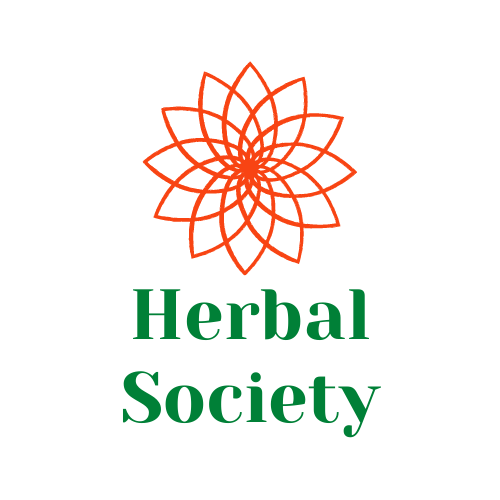
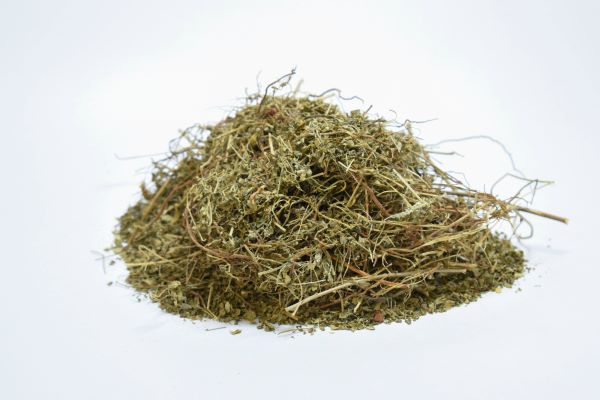
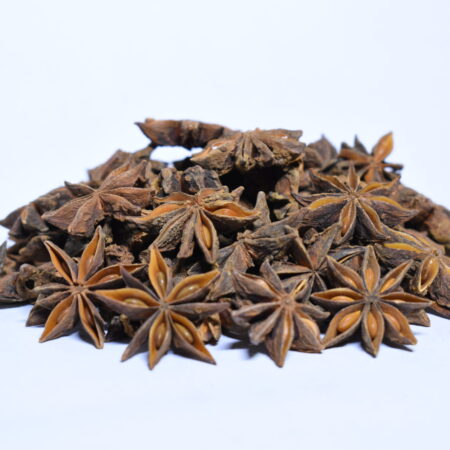
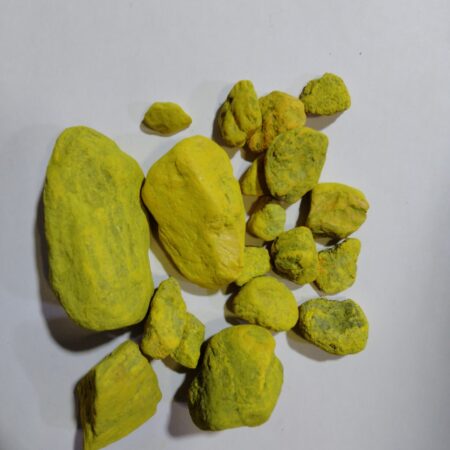
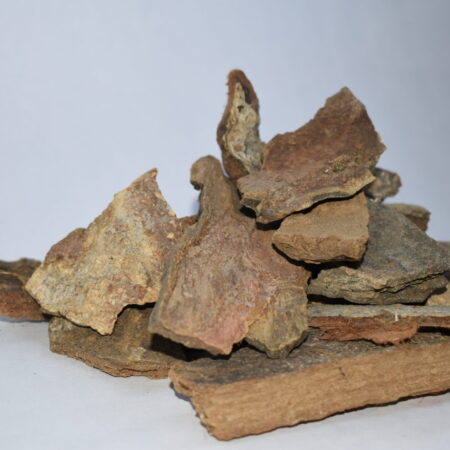
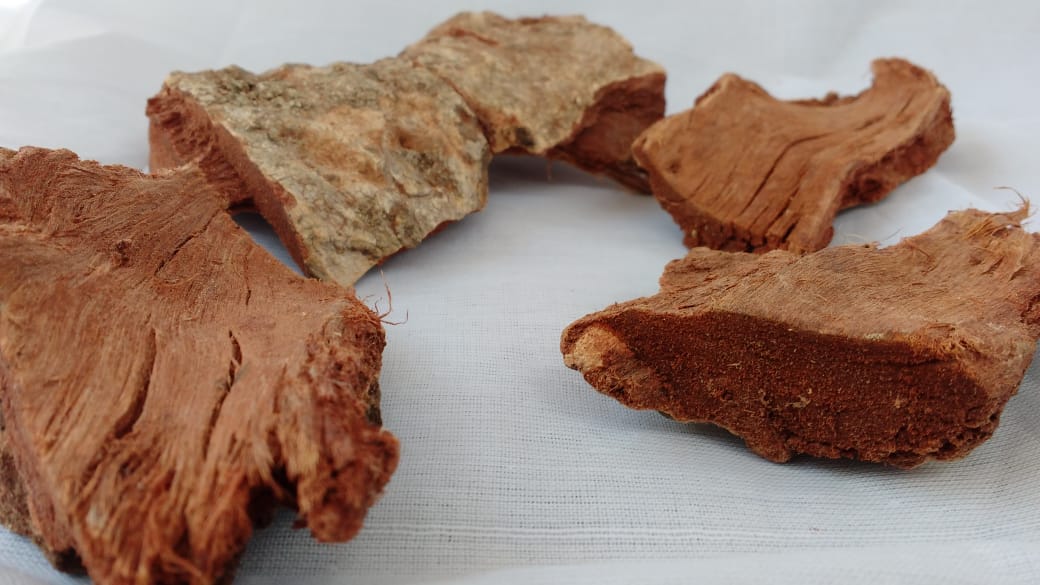
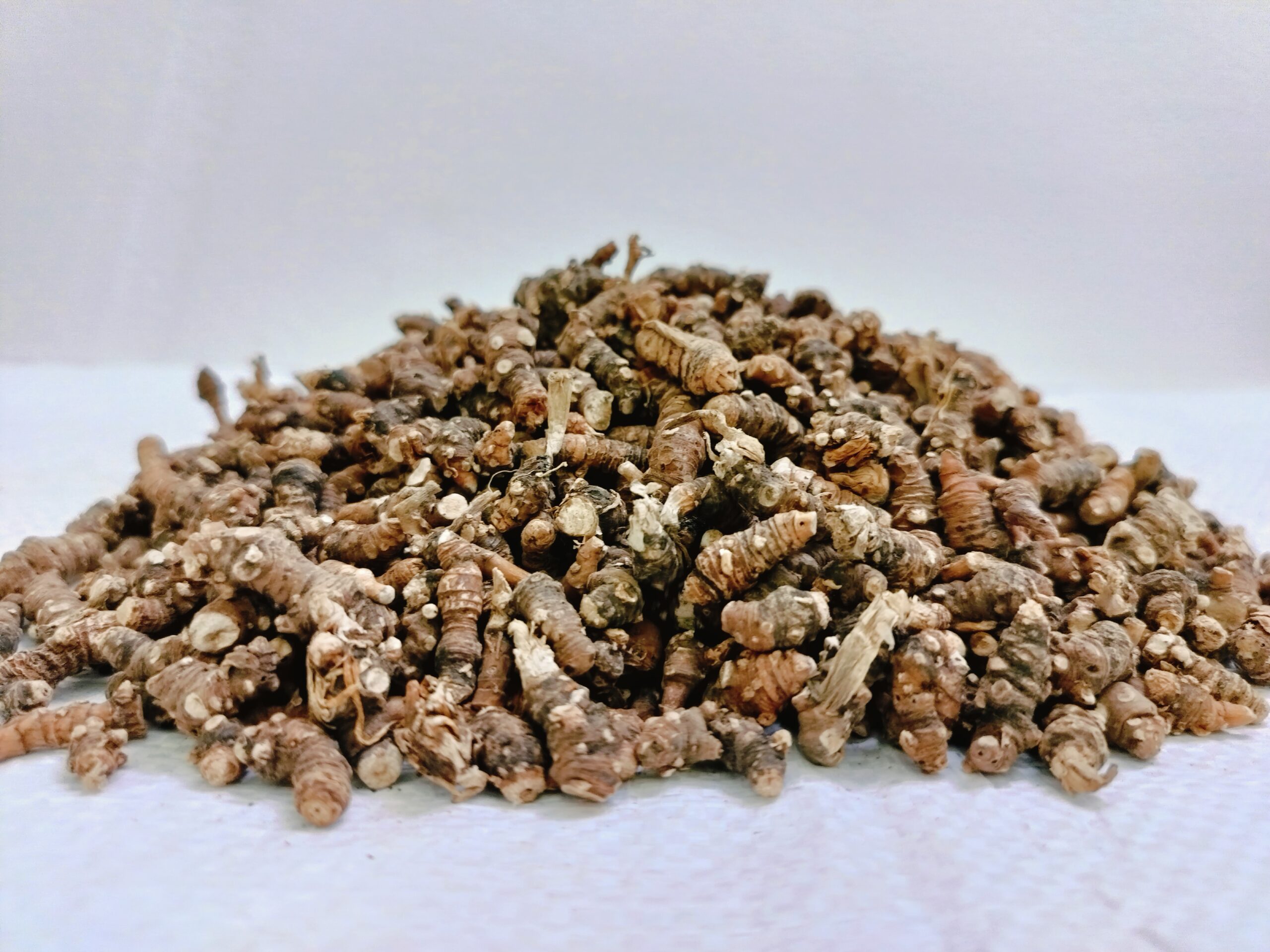
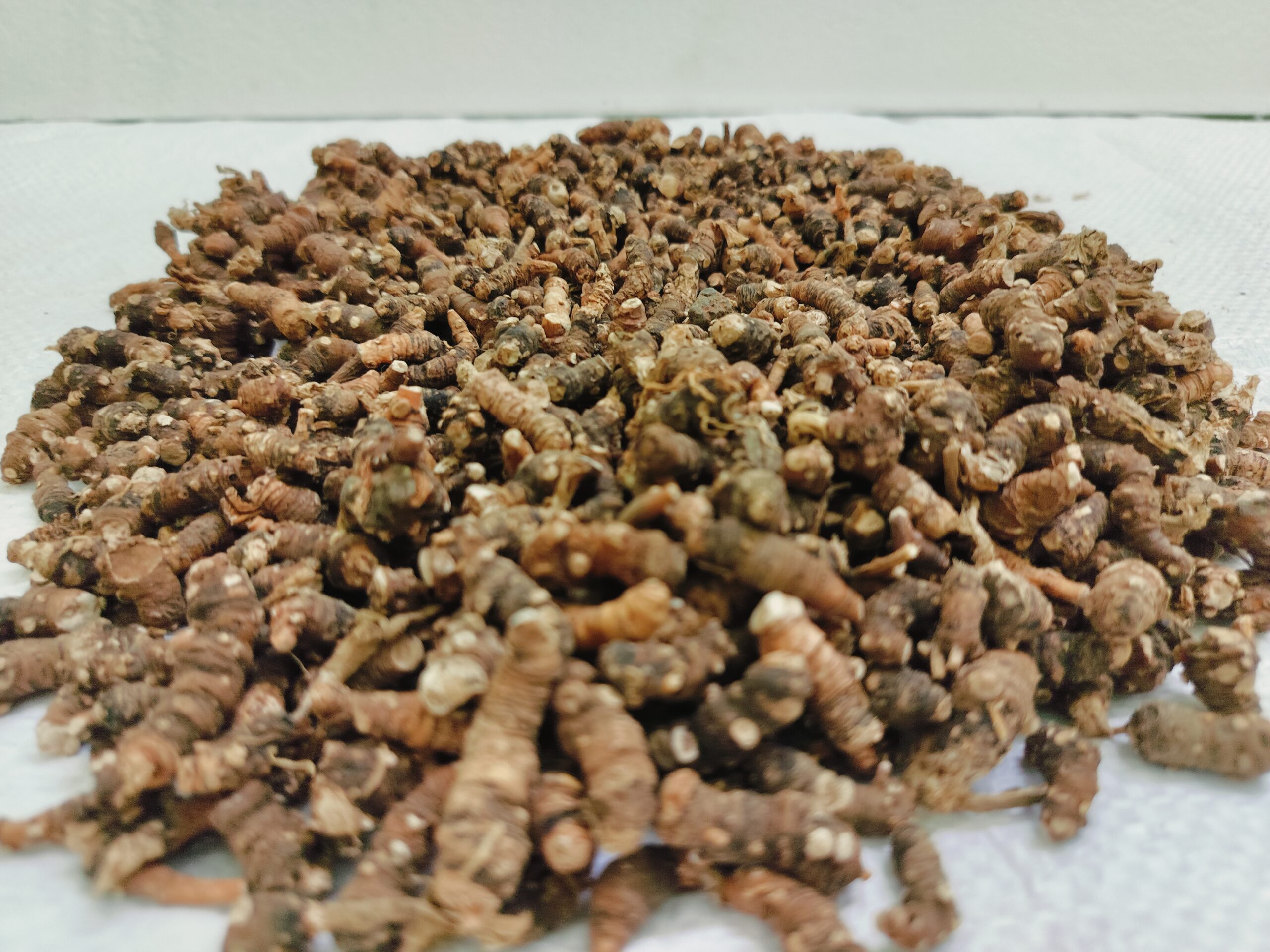

Reviews
There are no reviews yet.